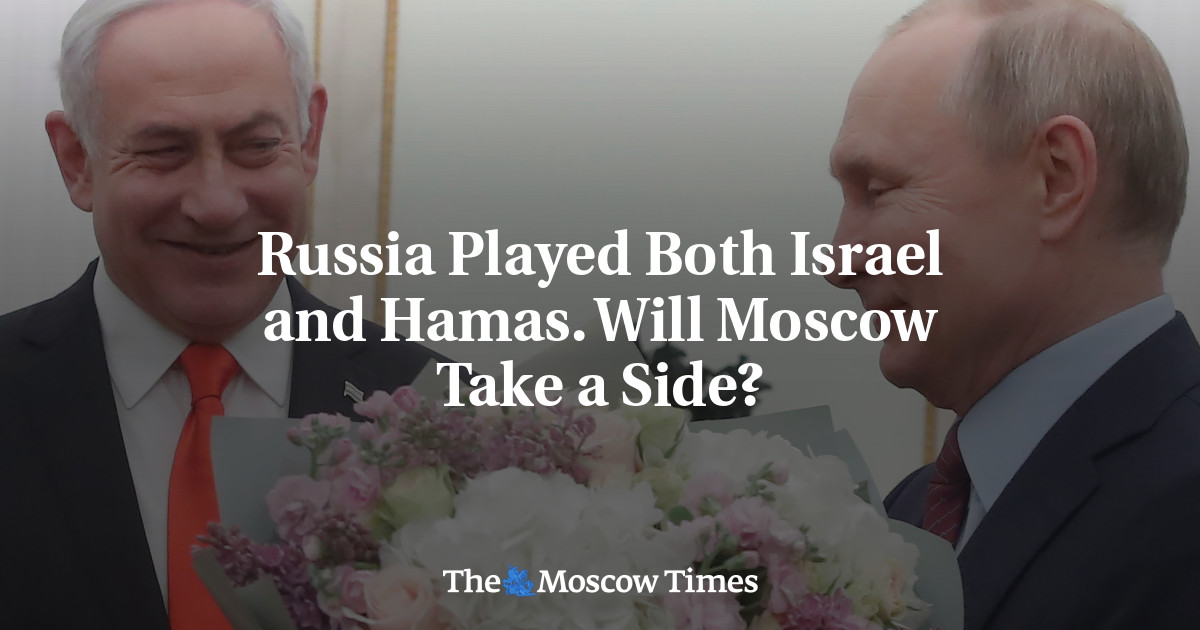What are the implications of the latest outbreak of hostilities for Russia’s diplomacy in the Israel-Palestine conflict? By distancing itself from its previous aspiration to act as a mediator, Moscow has sought to gain leverage with Israel through its political support to Palestinian groups. To become a key actor in the conflict would bolster Russia’s position in the region, substantiating Moscow’s claims to being a great power with global reach.
While it is unlikely that Hamas will defeat Israel’s armed forces, the surprise, scale and impact of the attack will have far-reaching consequences.
Russia’s ties with both Israel and Palestine are complex and long-standing. When the state of Israel was created in the 1940s, it found opportunistic, but still substantive, support among Eastern Bloc countries, including weapon deliveries from Czechoslovakia. However, by the late 1960s, the Soviet Union had shifted decidedly toward Israel’s opponents, providing support to Egypt in the run-up to the 1973 Yom Kippur War.
Since the start of Russia’s full-scale invasion of Ukraine, this foreign policy approach of balancing both sides has been limited by the international sanctions imposed on Russia. Faced with global isolation, Russian foreign policy has relied on countries sharing Moscow’s anti-Western outlook. Yet Israel still regards the U.S. as its essential security provider, a relationship that increasingly contradicts its relatively positive relations with Moscow.
Hamas’ surprise attack on Israel has already led to states declaring their positions in the new round of fighting, and pledging their support to one side or another. Most countries condemned the assault, while some remained neutral and only a handful publicly supported the group. Unfortunately for Israel, no Middle Eastern state has condemned the war so far, as most support Hamas.
The United Nations Security Council held a closed-door meeting with Israel’s Ambassador to the UN who before the gathering called on the international community to condemn the attack. Russia reportedly opposed the condemnation of the Hamas offensive, meaning no joint statement was issued. However, Russia did not express support for Hamas, and called for a ceasefire and de-escalation. Moscow and Beijing both diverged from the West by adopting this middle-of-the-road approach, eliciting disappointment from Israeli officials.
The frustration has not yet been expressed toward Moscow, however, at least not overtly. On Oct. 8, Alexander Ben Zvi, Israel’s Ambassador to Russia, said that there might be Russian citizens among the victims of Saturday’s attack by Hamas, but did not explicitly mention Moscow’s position about the latest outbreak of hostilities. Meanwhile, Palestine’s Ambassador to Moscow, who does not represent Hamas, praised Russia’s position as “constructive.” …
READ FULL ARTICLE HERE…- The Moscow Times
Home | Caravan to Midnight (zutalk.com)





